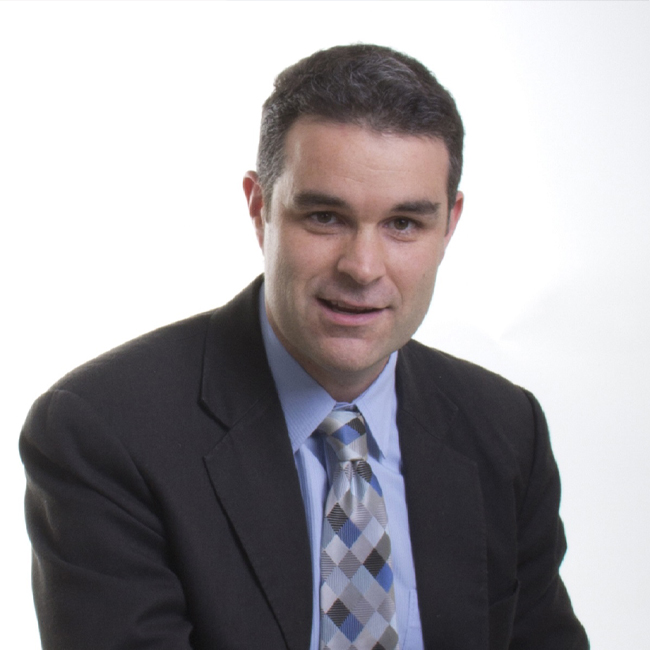
Professor Hamish Coates
Sometimes some good can be salvaged from painful crises, as they often create a unique space in which to trial, and enact, long-needed changes. For the third in Lingnan’s Global Higher Education Webinar Series - COVID-19 and Global Higher Education, Professor Hamish Coates of Tsinghua University’s Institute of Education, choose not to analyse today’s pandemic-related woes but instead focus on how best to design higher education for the brightest possible post-coronavirus future.
In his presentation, Professor Coates outlined the ideas fleshed out in his book, Higher Education Design: Big Deal Partnerships, Technologies and Capabilities. With already fragile business and academic models suffering severe disruption, he said the time was ripe for innovating global online learning, refocusing towards Asia and lifelong learning, and investing in 21st century institutions and partnerships.
"Within 10 years two thirds of higher education will be in Asia, and yet most of the higher education research is done in North America and Europe. So there must be a change." We need to better understand how to develop future doctoral students, graduates, faculty and researchers, when most of them are going to be in, of and around, Asia for the next 50 years, he said.
A lot of the redesign within universities is increasingly commercially-driven. “Around 30 per cent of public higher education in the United States is provided by private, for-profit service firms.” These public-private partnerships have already migrated from university’s administrative sphere into the academic core - teaching and research.
This year’s switch to online teaching has been born out of necessity. But more fundamental and lasting change is coming, as the sums of public and private money currently going into education technology across the globe are huge and are only going to keep growing.
There will be increasingly hybrid futures for even the most traditional universities, as they seek to find the best blended-learning balance. “Even at the course level you can begin to design different configurations for different courses and different fields, for different teaching modalities and different student groups.”
In today’s dynamic economies, knowledge and skills need to be refreshed across a lifetime, so it is natural universities should no longer be seeking to match students with qualifications but, instead, match their differing needs with different competencies, and provide them with micro-credentials.
“We also need to prove to people what success is in their education,” Professor Coates said. There needs to be clearer definitions of the outcomes and experiences that can be expected, and next generation assessment models have to be used. “There is just far too much bad, 100-year-old, assessment practice in the world: it’s expensive, unreliable, leads to legal suits, leads to people failing when they should pass... it’s just not good enough.”
But this year, the pandemic has disrupted the assessment process and the switch to online study has opened up opportunities for better, and cheaper, assessment frameworks.
There is also a need for higher education to better communicate both its contribution to society, and the value it offers those who invest their time and money in it. Many people in the general population may be unaware of the way in which their lives have been improved by the research conducted in universities, or the significance of these institutions to local economies. Professor Coates noted that the University of Melbourne is the second biggest employer in Victoria, the Australian state from which he was speaking. He also pointed out that coming up with solutions for the COVID-19 pandemic would help burnish the higher education sector’s global reputation.
The Global Higher Education Webinar Series is co-organised by Lingnan University School of Graduate Studies, Institute of Policy Studies, and Asia Pacific Higher Education Research Partnership. Six internationally renowned scholars are invited to discuss the impacts of COVID-19 pandemic on global higher education.


